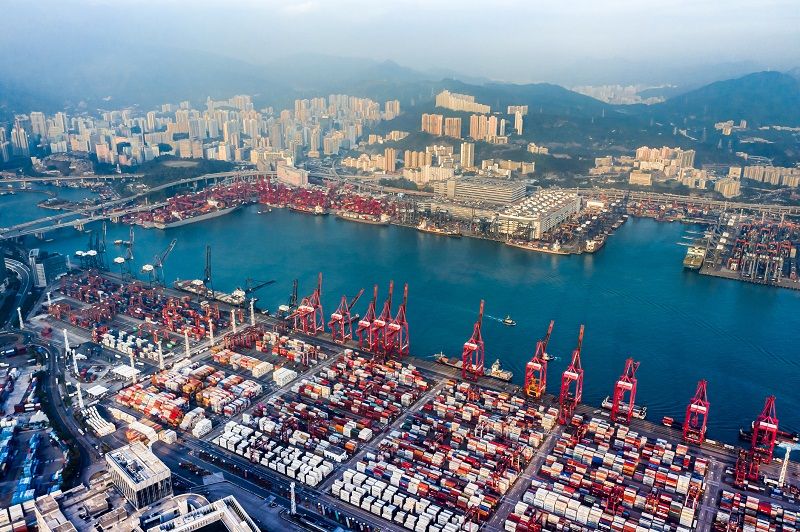A trade war happens when a country imposes tariffs, quotas, and restrictions on goods coming from another country in response to what it perceives as the target country’s unfair trade practices. This usually means the increased cost for companies exporting their products from the target country.
The rivals applying these restrictions aim to make local rivals more competitive, but sanctions can sometimes have the opposite effect on their companies that do business with the targeted country. Also, in today’s interdependent world, companies outside the warring nations are not spared from the effects of a trade war.
In the event of a trade war like what is happening between China and the US, SMEs should take time to investigate which goods have been specifically targeted. If you’re affected, try to assess the impact of the tariffs on the raw materials you need, your suppliers, the cost of transportation, and how it affects pricing. Having this knowledge will help you make decisions on cash flow, inventory, and whether you should absorb the cost or pass it to your customers.

During trade wars, the cost of doing business will go up, putting pressure on SMEs who need to pay their staff. In anticipating the squeeze, SMEs should keep channels of communication open to help their team understand the decisions they might have to make, and also negotiate new payment structures with suppliers. They should also look at different ways to finance projects or put them on hold until they can fully commit.
Trade wars can disrupt services SMEs need to conduct business. When Google restricted Huawei’s access to its Play Store to comply with some of Donald Trump’s trade policies, it made consumers wary of buying Huawei products. Where ever you are in the world, these are fights that affect what devices, operating systems, digital products, and applications SMEs use. It affects SMEs who make and sell applications.
The unpredictability of a trade war can cause anxiety, but closing up some avenues leads to an opening in other directions. SMEs slowing down business might channel their resources towards different sides of the company, like offering more maintenance services to their clients or diversify to other countries who’re not involved in the war. Increased production costs might also mean some companies decide to move production to other countries, which means local partners might lose out while some other country benefits. Apple is one of the companies exploring moving production from China to India, with its manufacturing partner Foxconn set to make huge investments there. This would be a massive opportunity for SMEs in India who can take advantage of the trade war as their government tries to woo investors.
Small businesses might not have the power to start or end trade wars, but they need to understand what’s going on and how they can mitigate the damage. When opportunities arise, they should be ready to take advantage.
Learn More with EXIMA
EXIMA is your go-to place for the latest import/export information and help with international trade. Join today and gain access to the biggest online association for global trade!









